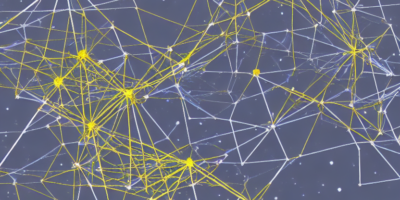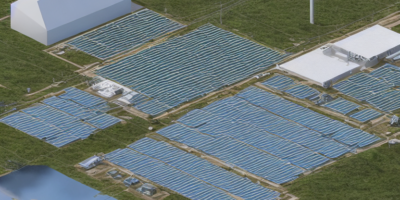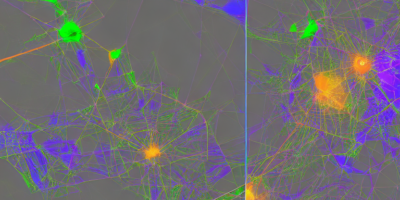MRI (Magnetic Resonance Imaging) reconstruction is a crucial step in medical imaging, but it can be time-consuming and limit the quality of images. In this article, we explore a novel approach called multi-contrast learning that leverages multiple contrasts to accelerate MRI reconstruction while improving image quality.
The key idea behind multi-contrast learning is to use multiple contrasts to enhance the quality of undersampled MR images. By combining information from different contrasts, the registration network can learn to fill in missing information and create high-quality images. This approach has several advantages, including faster acquisition times, improved image quality, and reduced need for manual intervention.
To apply multi-contrast learning, we use a combination of cross-contrast synthesis networks and registration networks. The cross-contrast synthesis networks are trained to transform undersampled data from one contrast into the corresponding data from another contrast. This allows the network to extract information from the reference contrast and use it as complementary information for the under-sampled target data. The registration networks are then trained to align the multiple contrasts, which enables the creation of high-quality images.
We evaluate the effectiveness of multi-contrast learning using various experiments. Our results show that multi-contrast learning can significantly improve image quality and reduce acquisition times, particularly for highly undersampled images. Additionally, we demonstrate that our approach achieves better performance than traditional methods in certain scenarios.
In summary, multi-contrast learning is a powerful approach to accelerate MRI reconstruction while improving image quality. By leveraging multiple contrasts, this technique can reduce acquisition times and improve the accuracy of MR images, making it an attractive option for medical imaging applications.
Electrical Engineering and Systems Science, Image and Video Processing
Enhancing MRI Reconstruction with Deep Learning: A Comprehensive Review



